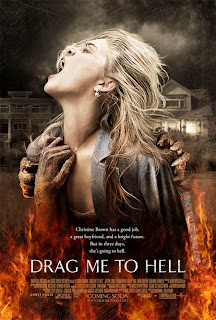Clegg is another writer whom (like Jack Ketchum) has somehow managed to go under my radar over the past couple of years. Recently, however, the author's presence seems to be everywhere: social media; websites dealing exclusively in dark fiction ... and of course having his titles pop out with ever-increasing reliability in book stores and their bargain bins displayed out front. And (like Ketchum), seems to be one of those sculpting a high reputation, releasing a novel every year with timely precision and garnering distinct words of praise while doing so.
Apparently Mischief is the first of a trilogy in the Harrow Academy Harrow
Jim Hook is on a scholarship at Harrow Harrow
A favorable thing for me was the prose; Cleggs style is simplistic and easily accessible. But there are many puzzling aspects here like signposts with no clear direction: a plot-strand involving Harrow
As a novice to Clegg’s work, I think I (may) have stumbled upon the wrong book to get the juggernaut rolling. However, Mischief will pique your curiosity, and I have the novels You Come When I Call You and The Halloween Man with appraisals to follow.


















